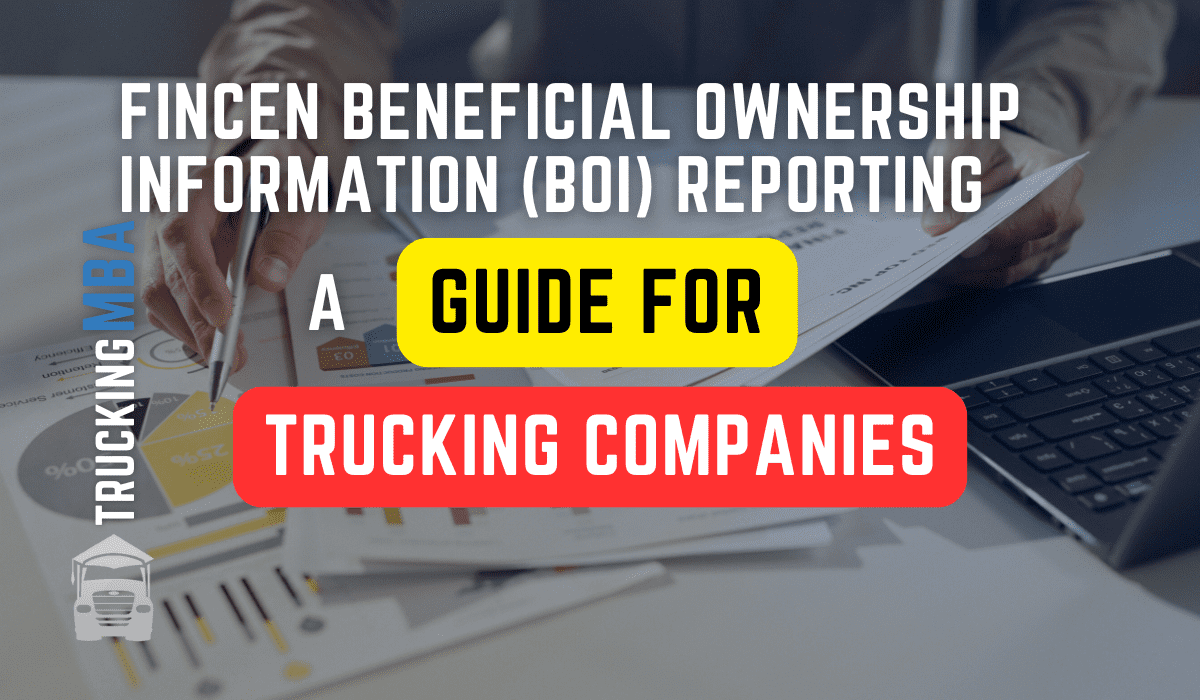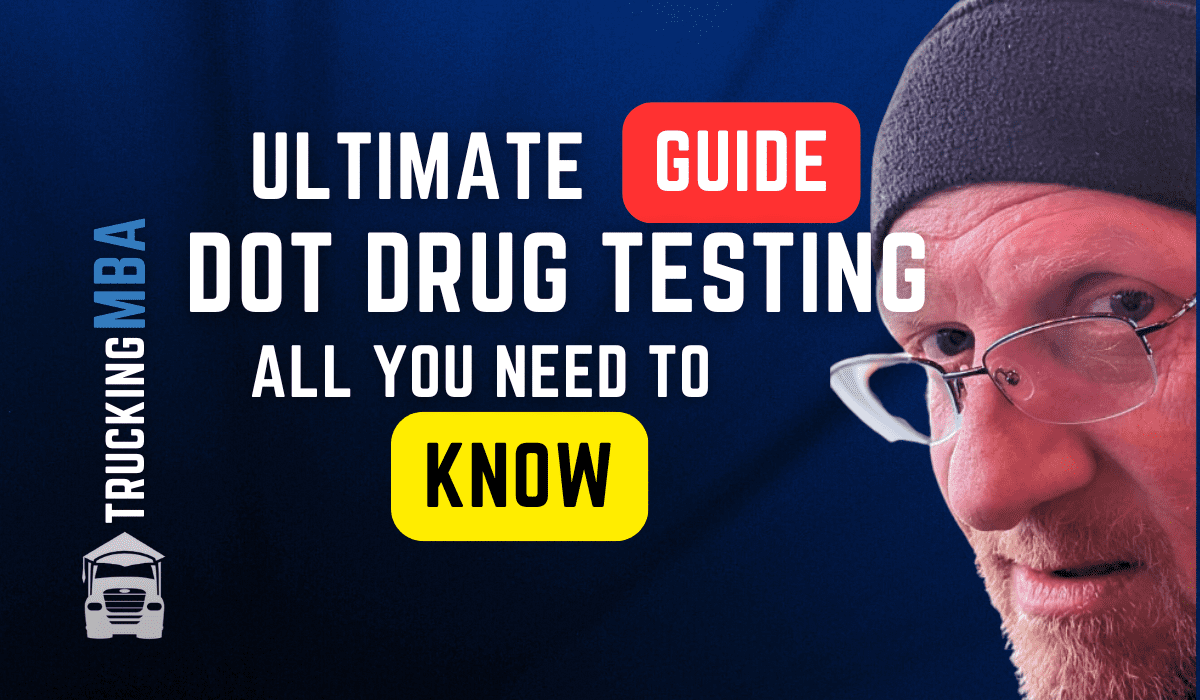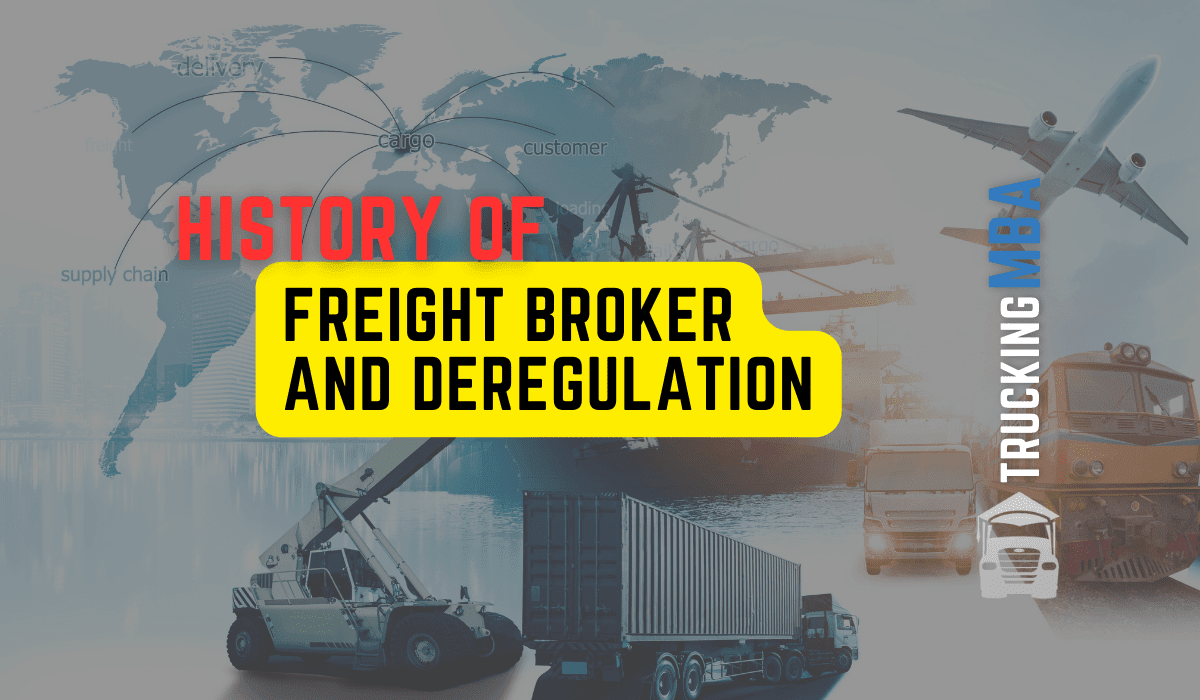A DOT drug consortium refers to a group of transportation companies that join together to ensure compliance with the Department of Transportation (DOT) regulations regarding drug and alcohol testing. This consortium plays a crucial role in maintaining safety on the roads by implementing random drug testing and ensuring that CDL drivers are fit for duty. As per the DOT regulations, all CDL drivers operating vehicles with a Gross Vehicle Weight Rating (GVWR) of 26,001 pounds or more, carrying hazardous materials, or transporting more than 15 passengers must undergo regular drug and alcohol testing.
The importance of a DOT drug consortium for trucking companies cannot be overstated. By joining a consortium, transportation companies gain access to numerous benefits that help them streamline their operations while ensuring compliance with FMCSA regulations. One of the key advantages is the ability to pool resources and share costs associated with drug and alcohol testing. Instead of each company individually managing their own testing program, they can collectively manage it through the consortium, resulting in significant cost savings.
Moreover, being part of a DOT drug consortium provides transportation companies with access to expert knowledge and guidance on regulatory compliance. The consortium management team consists of professionals who are well-versed in DOT regulations and keep abreast of any updates or changes. This ensures that member companies stay informed about any new requirements and can adapt their policies accordingly. It also helps them navigate complex compliance issues effectively.
Another benefit of joining a DOT drug consortium is the ease of conducting random drug tests on CDL drivers. Random testing is an essential component of maintaining DOT regulations as it acts as a deterrent against substance abuse among drivers. When transportation companies participate in a consortium, they have access to a pool of eligible drivers from other member companies for random selection purposes. This eliminates any bias or suspicion within individual companies and ensures fair and unbiased testing procedures.
Furthermore, being part of a DOT drug consortium enhances the reputation and credibility of transportation companies in the industry. By voluntarily participating in a program that prioritizes safety and compliance, companies demonstrate their commitment to maintaining high standards. This can be particularly advantageous when bidding for contracts or seeking partnerships with other organizations. It gives potential clients and partners confidence in the company’s ability to adhere to regulations and prioritize safety on the roads.
Benefits of Joining a DOT Drug Consortium
When it comes to ensuring compliance with DOT regulations and maintaining safety on the roads, joining a DOT drug consortium can offer numerous benefits for both CDL drivers and transportation companies. By participating in a consortium, drivers and companies gain access to valuable resources, support, and opportunities that enhance their operations and contribute to overall industry standards. In this section, we will explore some of the key advantages of joining a DOT drug consortium.
1. The Role of Drug & Alcohol Clearinghouse
One of the primary benefits of joining a DOT drug consortium is the access it provides to the Drug & Alcohol Clearinghouse. This online database was established by the Federal Motor Carrier Safety Administration (FMCSA) as a tool to improve road safety by identifying and tracking commercial drivers who have violated alcohol or drug testing regulations. The Clearinghouse serves as a centralized repository for information related to violations, allowing employers to make informed decisions when hiring or retaining CDL drivers.
By participating in a DOT drug consortium, CDL drivers and transportation companies gain direct access to the Clearinghouse. This enables them to easily search for driver records, ensuring that they are employing individuals who meet all necessary requirements and have not been involved in any violations. The Clearinghouse plays a crucial role in enhancing safety on the roads by preventing individuals with substance abuse issues from operating commercial vehicles.
2. Significance of Random Drug Testing
Random drug testing is an essential component of maintaining compliance with DOT regulations. By joining a DOT drug consortium, CDL drivers and transportation companies can ensure that they are meeting these requirements effectively. Random drug testing involves selecting employees for testing without prior notice or warning, which helps deter substance abuse among drivers.
Participating in a consortium streamlines the random drug testing process for transportation companies. Instead of individually managing these tests themselves, they can rely on the expertise and resources provided by the consortium. This saves time and effort while ensuring that all necessary tests are conducted in accordance with DOT regulations.
For CDL drivers, random drug testing serves as a crucial safeguard for their own well-being and the safety of others on the road. By participating in a DOT drug consortium, drivers can have peace of mind knowing that they are part of a program that prioritizes safety and holds everyone accountable to the highest standards.
3. Benefits for CDL Drivers and Transportation Companies
Joining a DOT drug consortium offers several benefits specifically tailored to CDL drivers and transportation companies. For CDL drivers, being part of a consortium provides access to support systems, resources, and educational materials related to substance abuse prevention. These resources can help them make informed decisions about their health and well-being, leading to safer driving practices.
Transportation companies also reap significant advantages by joining a DOT drug consortium. One key benefit is enhanced safety within their operations. By participating in random drug testing programs facilitated by the consortium, companies can ensure that their workforce is free from substance abuse issues that could compromise safety on the roads.
Additionally, joining a consortium demonstrates a commitment to compliance with FMCSA regulations. This commitment can enhance a company’s reputation within the industry and among potential clients or partners who prioritize safety and adherence to regulations.
Furthermore, being part of a DOT drug consortium allows transportation companies to tap into valuable expertise in consortium management. Consortium managers possess extensive knowledge of FMCSA compliance requirements, including those specific to drug testing programs. They can provide guidance on best practices for maintaining compliance, helping companies navigate complex regulations more effectively.
Ensuring Compliance with FMCSA Regulations
Ensuring compliance with FMCSA regulations is crucial for transportation companies in the trucking industry. The Federal Motor Carrier Safety Administration (FMCSA) sets forth regulations and guidelines to promote safety on the roads and prevent accidents involving commercial motor vehicles. By adhering to these regulations, transportation companies can maintain their reputation, avoid penalties, and most importantly, ensure the safety of their drivers and other road users.
One of the key aspects of FMCSA compliance is maintaining proper records and documentation. Transportation companies must keep accurate records of driver qualifications, hours of service, vehicle maintenance, and inspections. This includes maintaining up-to-date driver files that contain all necessary documents such as commercial driver’s licenses (CDLs), medical certificates, and training records.
To ensure compliance with FMCSA regulations, transportation companies should also implement regular training programs for their drivers. These programs should cover topics such as safe driving techniques, hours of service regulations, drug and alcohol awareness, and hazardous materials handling. By providing ongoing training and education to their drivers, transportation companies can ensure that their workforce remains knowledgeable about current regulations and best practices.
Another important aspect of FMCSA compliance is conducting thorough pre-employment screenings for new hires. Transportation companies should carefully review the driving history and qualifications of potential employees before hiring them. This includes checking for any previous violations or suspensions on their driving records, verifying their CDL status, and conducting drug and alcohol tests as required by DOT regulations.
In addition to pre-employment screenings, transportation companies are also required to conduct random drug testing on a regular basis. Random drug testing helps identify any drivers who may be using drugs or alcohol while on duty. By implementing a comprehensive drug testing program in partnership with a DOT drug consortium, transportation companies can ensure that they are meeting the regulatory requirements set forth by the FMCSA.
Conclusion
Ensuring compliance with FMCSA regulations is essential for transportation companies operating in the trucking industry. By maintaining accurate records, providing ongoing training to drivers, conducting thorough pre-employment screenings, and implementing random drug testing programs, transportation companies can demonstrate their commitment to safety and compliance. By prioritizing FMCSA compliance, these companies not only protect their reputation but also contribute to the overall safety of the roads for all users. Joining a DOT drug consortium is an effective way for transportation companies to streamline their compliance efforts and enhance safety on the roads.




Responses